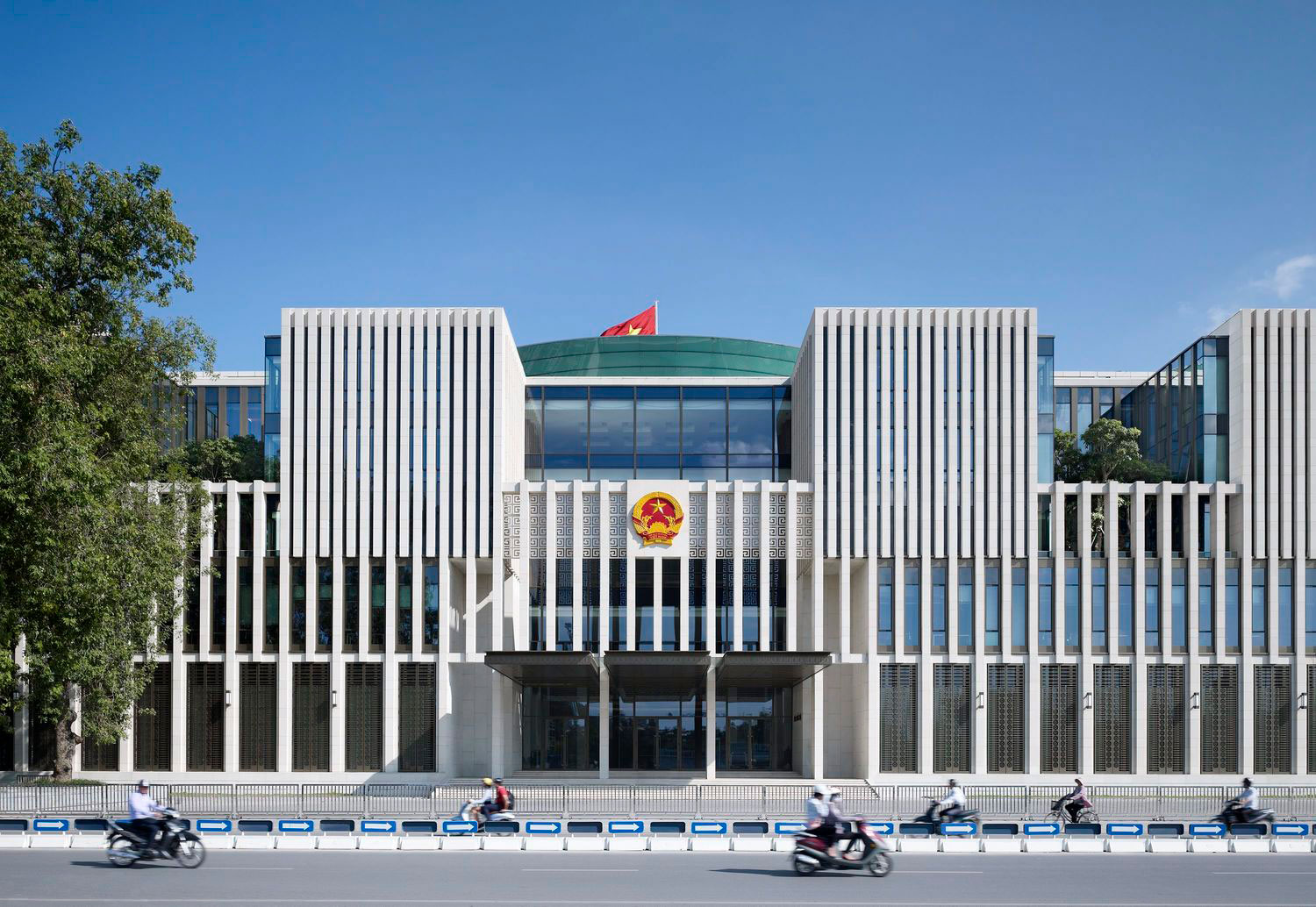Vietnam’s National Assembly passed the 2024 Law on Value-Added Tax (VAT) on 26 November 2024, which will come into effect on 1 July 2025.
This new legislation introduces several amendments. One of the changes is the increase in the tax-exempt revenue threshold for small businesses and individual entrepreneurs, which has been raised from VND 100 million (approximately USD 3,934) to VND 200 million (around USD 7,879) annually. This adjustment is expected to reduce the number of taxable entities by over 620,000 and decrease state budget revenues by approximately VND 2,630 billion (USD 103.6 million).
The revised VAT time-of-supply rules specify that for goods, the supply date is either when ownership or usage rights are transferred to the buyer or when an invoice is issued, regardless of payment status. Similarly, for services, the supply date is determined by either the completion of the service or the issuance of an invoice, irrespective of whether payment has been received.
The list of supplies that do not qualify for the VAT zero-rate includes technology transfers and the transfer of intellectual property rights abroad, reinsurance services provided abroad, credit services, capital transfers, derivative products, postal and telecommunications services, certain export products specified by law, tobacco, imported alcoholic beverages, and beer that are subsequently exported, fuel purchased domestically and sold to businesses in tax-free zones, and cars sold to organizations or individuals within tax-free zones.
The new rules on VAT refunds state that suppliers of goods and services eligible for the 5% VAT rate can apply for a refund if their non-deducted input VAT balance reaches VND 300 million after 12 months or four quarters.
The government has also requested the authority to modify this threshold in response to socio-economic developments, ensuring that tax policies remain flexible and aligned with Vietnam’s economic growth.
In addition to this threshold adjustment, the new VAT law will impose a 5% VAT on fertilisers, which were previously exempt.
It will expand the definition of taxable entities to include foreign organisations and individuals providing services in Vietnam without a permanent establishment.
Moreover, the National Assembly has also mandated that the government issue a decree to regulate imported goods sold through e-commerce channels, effectively removing VAT exemptions on low-value imports valued at VND 1 million or less.














